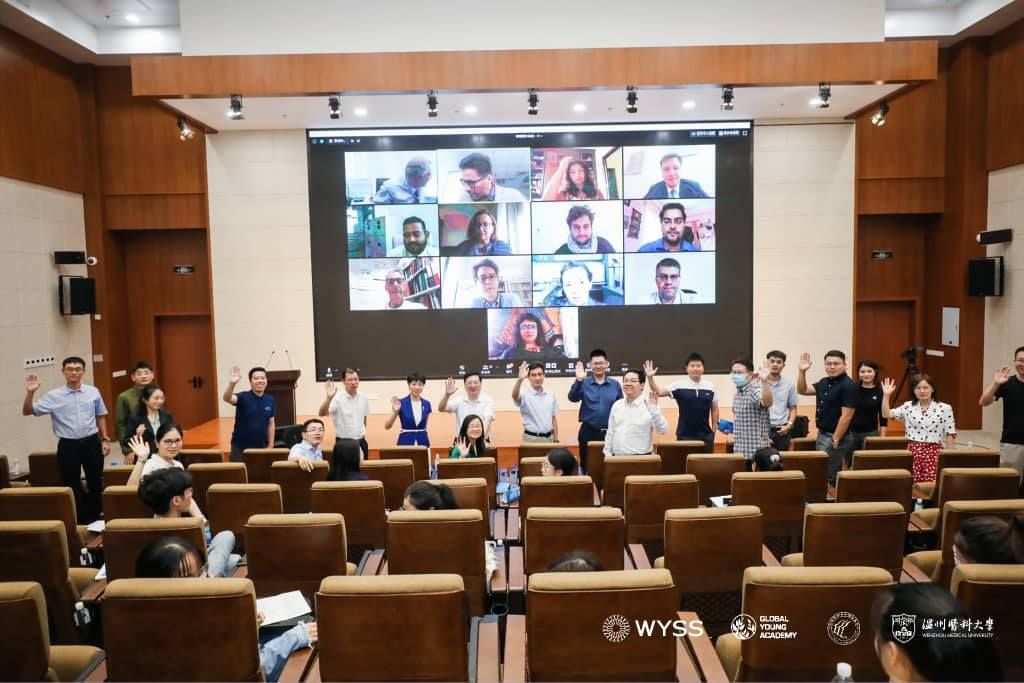In connection with the Second World Young Scientist Summit in Wenzhou, China, GYA alumnus and former Biodiversity working group co-lead Alexander Kagansky (Far Eastern Federal University of Vladivostok, Russia) led the organisation of the International Forum of Biodiversity, Biomedicing, Biotechnology, Biosecurity (4Bio) in September 2020.
In order to better implement the UN SDGs by 2030, build a better platform for international cooperation in innovation and technology, and serve local scientific and technological development and industrial innovation, the International Forum of Biodiversity, Biomedicine, Biotechnology, and Biosecurity (4Bio) was initiated within the framework of the “World Young Scientist Summit 2020”.
The Forum consisted of two sessions, on “Biodiversity and biosecurity problems and ways to tackle them”, and on “Biotechnology and Biomedicine”. Numerous GYA members and alumni contributed to the meeting as panellists and speakers. The objective of the sessions was to bring together global leaders in life sciences to understand new ways to overcome the barriers and threats to biological harmony on our planet that benefits all of the humanity, and to discuss how to protect biodiversity.
The event also saw the opening of the first international Bio2bio centre in China, with headquarters in Beijing and a research hub at Wenzhou medical university. The centre will focus on natural drugs discovery and supporting species protection, as well as raising infection awareness.
Several group members also contributed to a publication on “Biodiversity and Biomedicine: Our Future” (published by Elsevier; behind a paywall). GYA alumni and former group co-leads Dilfuza Egamberdieva (National University of Uzbekistan, Uzbekistan) and Milica Pesic (University of Belgrade, Serbia) co-edited the book with Munir Ozturk from Turkey. The book examines the diverse connections between conserving Earth’s biodiversity and human healthcare, and provides a new outlook on Earth’s animal, plant, and fungi species as vital sources for human health treatments. While there are over 10 million various species on the planet, only 2 million have been discovered and named. This book identifies modern ways to incorporate Earth’s species into biomedical practices and emphasizes the need for biodiversity conservation.
A policy paper by several group members on “Towards policies that capture the expected value of biomolecular diversity for drug discovery, human health, and well‑being” has been published in Biologia Futura in August 2020 (open access). In the paper, the authors argue that there exists an urgent need to over-come economic, disciplinary, national, cultural, and regional barriers, in order to work out innovative measures to create a sustainable future and prevent the mutual extinction of humans and other species. The paper aims to help policy-makers with a characterization of the intrinsic value of biodiversity and its role as a critical foundation for sustainable development, human health, and well-being.
